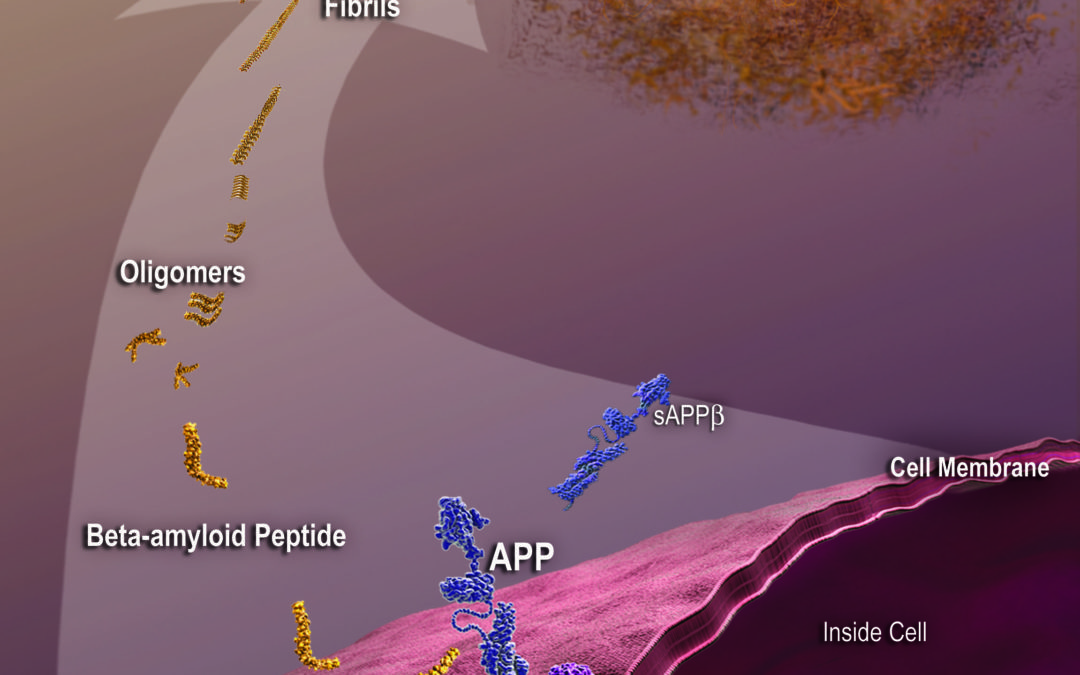
Late-Onset Alzheimer’s Disease—The Hidden Midlife Crisis
Midlife may be a critical juncture in one’s life and a time for contemplating what the rest of it will look like. It may be a time of reflection on time well spent or sheer regret for not having done enough of what you really love to do. Midlife may also be a turning point in your risk for late-onset Alzheimer’s disease as the disease process may already be silently brewing in your brain.
Indeed, midlife may be time of crisis—the proverbial fork in the road for many of us.
While the emotional and spiritual grappling that comes with it may reveal a bigger purpose and a path forward, it often overlooks the vehicle to get you there—your body and brain.
In all likelihood, your health may be into its own hidden midlife crisis and that may be part of your challenge—although, how would you know?
All too often, we are not even aware that the integrity of our health is headed south. We may not feel that great, but we put off doing something about it as we have enough on our hands to worry about.
Instead we begin to throw little fixes at it such as over the counter stress and pain relief meds. Coffee and 5 hour energy drinks become a crutch.
If you have been to a physician, he is likely encouraging more fixes in the form of drug therapy for elevated cholesterol, high blood sugar, or other conditions.
Plus, the belly fat is a nagging reminder that you are not taking your diet and exercise as seriously as you should.
For both men and women, hormones are likely depleted or out of balance, and stress has taken its toll as well. It is not easy to muster a boundless enthusiasm for the next big chapter in your life when you feel depleted and out of sorts.
For women, the menopausal transition brings its own set of unique challenges. Declining estrogen levels at menopause bings into question how that can that affect your long-term health. Low estrogen in the menopausal transition is linked to a greater risk for Alzheimer’s in mid-to-late life.(1)
What to do? Well, do nothing and it is likely to get worse.








